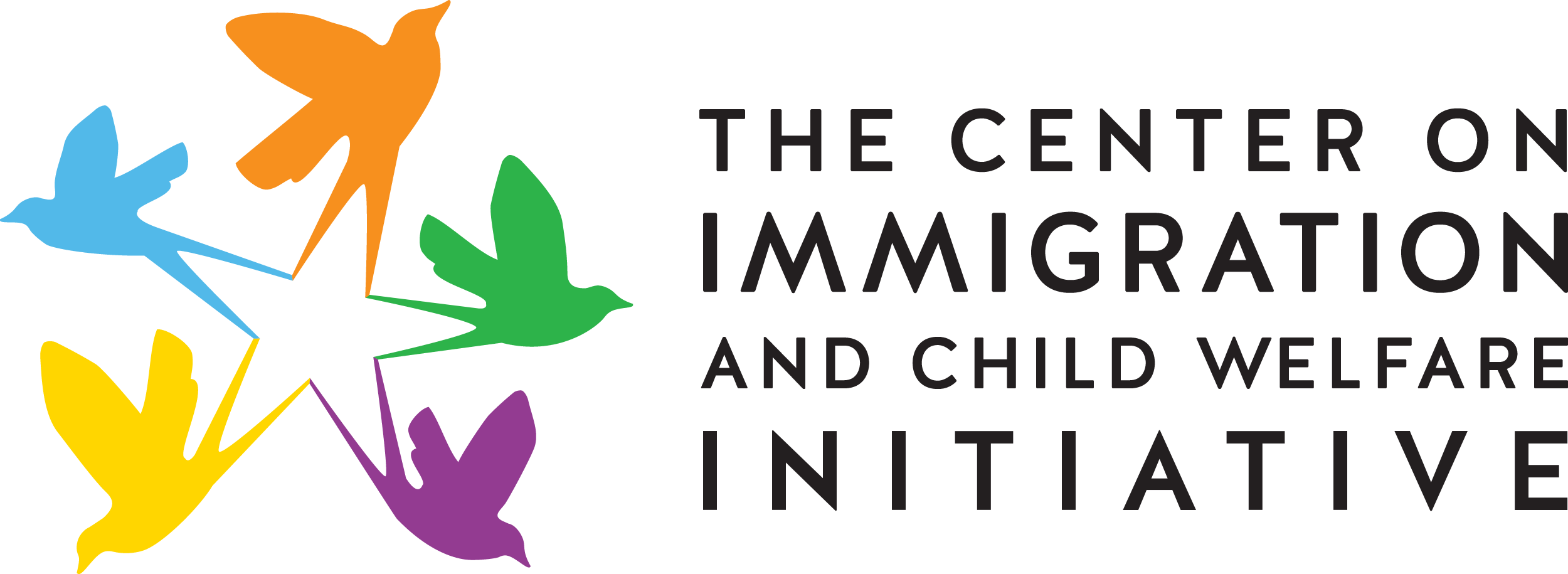Getting Back on Track: A Detailed Look at Health Coverage Trends for Latino Children
,
This report reveals trends in healthcare coverage for Latino children in recent years, including the “chilling effects” of the Trump administration and its public charge rule, and provides recommendations for the federal and state/local levels to improve coverage for this vulnerable population.

